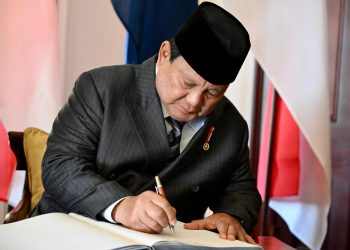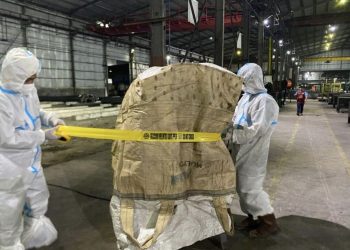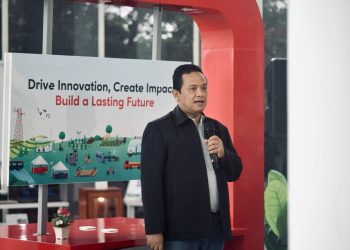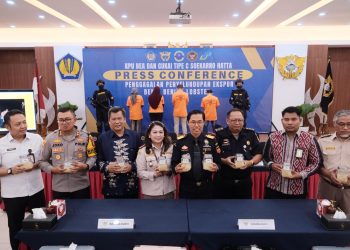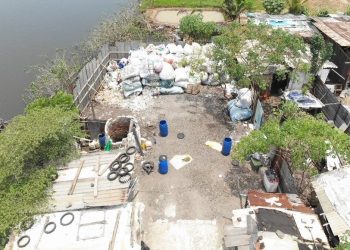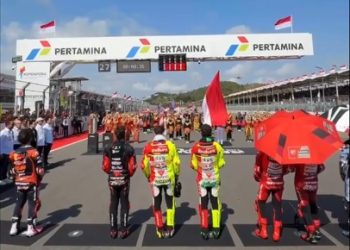Jakarta, Indonesia Sentinel — Hasto Kristiyanto, the Secretary-General of PDIP, and Yasonna Laoly, a senior party leader and former Minister of Law and Human Rights, were named suspects by the Corruption Eradication Commission (KPK) on December 24, 2024. The charges stem from the alleged bribery of Wahyu Setiawan, a former commissioner of the General Elections Commission (KPU), to secure a parliamentary seat for Harun Masiku, a former PDIP legislative candidate.
Kristiyanto faces additional charges of obstruction of justice for allegedly interfering with the investigation. The KPK has barred both figures from leaving the country for six months as part of its probe.
PDIP’s Response
The PDIP has publicly pledged its cooperation with the legal process while simultaneously questioning the KPK’s motives. Chico Hakim, a party spokesperson, expressed disappointment over the travel bans imposed on Kristiyanto and Laoly, suggesting the KPK lacked clarity in its actions against Laoly.
“We respect the legal process, but the KPK must act professionally and avoid any political bias in handling this case,” Hakim said in a statement.
PDIP also announced its legal team is preparing a defense strategy, though details remain undisclosed. Party representative Ronny defended Kristiyanto and Laoly, asserting their commitment to facing the charges and emphasizing the importance of a fair judicial process.
The Bribery Scheme
The controversy dates back to 2019, when Harun Masiku was controversially proposed for a parliamentary seat through an inter-period replacement mechanism. Kristiyanto allegedly directed key individuals, including Donny Tri Istiqomah and Saiful Bahri, to coordinate the bribery of Wahyu Setiawan.
The KPK’s investigation revealed that Kristiyanto managed the flow of funds used in the bribery, with a portion reportedly originating directly from him. The goal was to influence the KPU into appointing Masiku as a legislator for South Sumatra’s first electoral district.
While Wahyu reportedly accepted the bribe for a similar case in West Kalimantan, efforts to secure Masiku’s position in South Sumatra failed. Masiku fled abroad and has since remained a fugitive, further complicating the case.
Political Tensions
The scandal reignites debates about Indonesia’s anti-corruption efforts, which critics argue have weakened under mounting political pressure. The PDIP’s accusations of KPK politicization echo broader concerns about the erosion of the commission’s independence in recent years.
Transparency International ranks Indonesia 96th out of 180 countries in its Corruption Perceptions Index, highlighting the persistent challenges in combating corruption. The outcome of this case will likely serve as a litmus test for the country’s commitment to upholding justice amid political interference.
Indonesian Student Found Dead in UPI Gymnasium: Ongoing Investigation
The Road Ahead
Both Kristiyanto and Laoly remain under investigation, with the KPK signaling that additional evidence could emerge. The case not only threatens PDIP’s public image but also tests Indonesia’s judicial integrity in a politically charged environment.
As the KPK proceeds with its investigation, the scandal underscores the ongoing battle between anti-corruption advocates and entrenched political interests in Indonesia.
(Becky)








